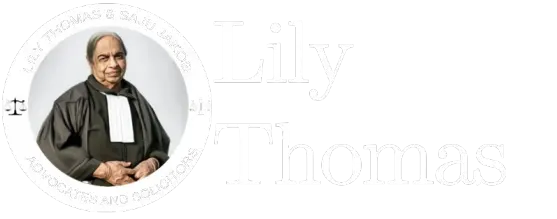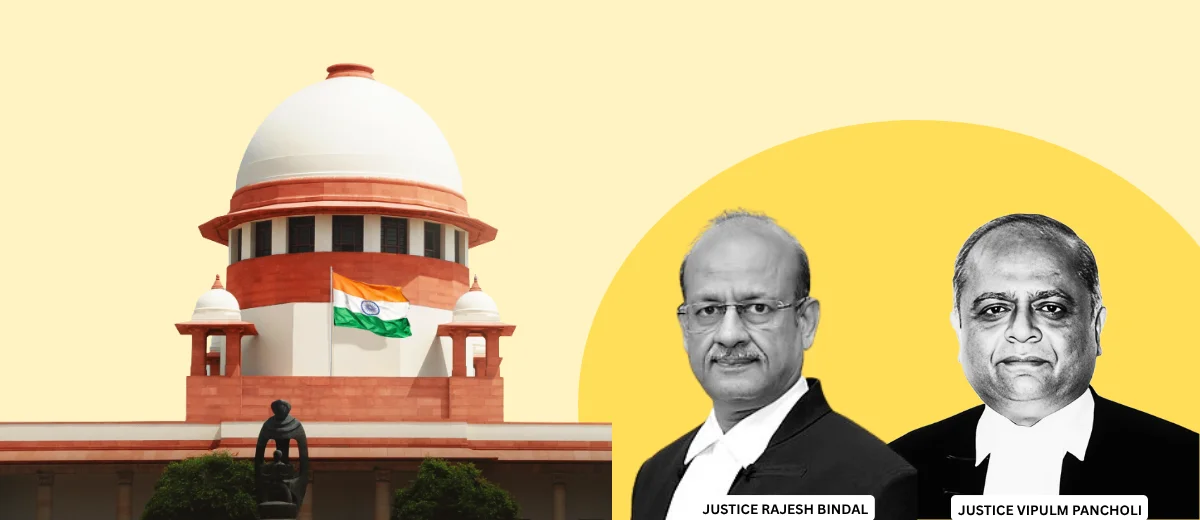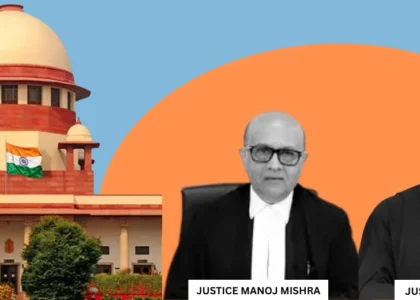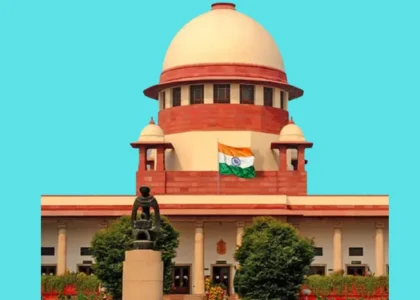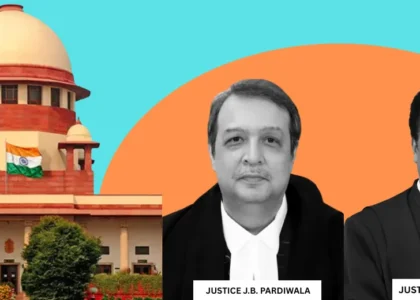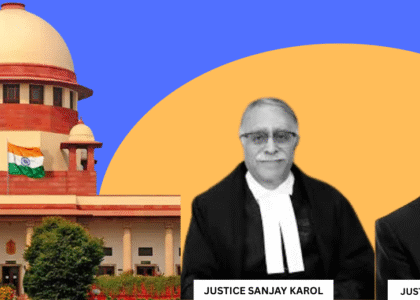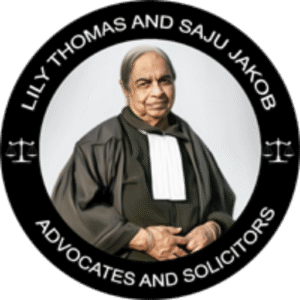Case Title:- JEMABEN vs. THE STATE OF GUJARAT
Citation:- 2025 INSC 1268
Date:- 29.10.2025
Hon’ble Supreme Court Bench:- JUSTICE RAJESH BINDAL & JUSTICE VIPUL M. PANCHOLI.
The Hon’ble Supreme Court recently upheld the conviction of a woman for murder, relying on the first dying declaration made by the deceased. The Hon’ble Court observed that even when multiple dying declarations exist, the first declaration cannot be disregarded if it is reliable, consistent, and supported by corroborative evidence.
- The Hon’ble Court upheld the Hon’ble Gujarat High Court’s decision reversing the trial court’s acquittal of the accused.
- The Hon’ble Court observed that the victim’s first dying declaration, made before the attending doctor (an independent witness), was consistent, spontaneous, and corroborated by medical and documentary evidence, thereby leaving no room for doubt.
- The appellant/accused contended that since there were three dying declarations made by the deceased with certain inconsistencies, the benefit of doubt should be extended to her and she should be acquitted.
- The prosecution, however, argued that when there are multiple dying declarations, each declaration must be assessed independently on its own merits. One declaration cannot be rejected merely because its contents differ from the others.
- The Hon’ble Court agreed with the prosecution, holding that minor variations or discrepancies in subsequent dying declarations do not automatically render the first one unreliable, especially when it aligns with the medical evidence and other corroborative material.
- The Hon’ble Court emphasized that the first dying declaration, made immediately after the incident, carries greater evidentiary value as it reflects the most natural and untainted version of the events, uninfluenced by external factors or memory lapses.
- The Hon’ble Court concluded that the first dying declaration was supported by independent documentary evidence and medical testimony, which clearly established that the accused was responsible for the act of burning the deceased.
- Consequently, the appeal was dismissed

